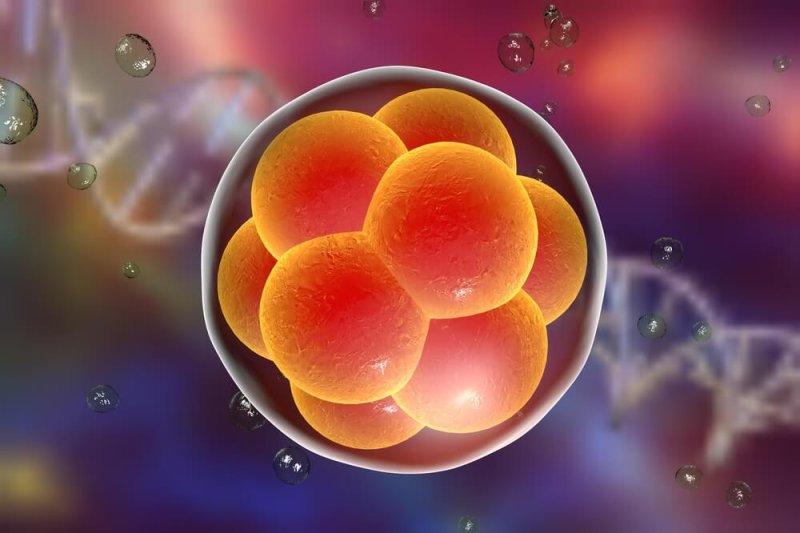Japan has issued draft guidelines that allow the use of gene-editing tools in human embryos. The proposal was released by an expert panel representing the country’s health and science ministries on 28 September.
Although the country regulates the use of human embryos for research, there have been no specific guidelines on using tools such as CRISPR–Cas9 to make precise modifications in their DNA until now.
Tetsuya Ishii, a bioethicist at Hokkaido University in Sapporo, says that before the draft guidelines were issued, Japan’s position on gene editing in human embryos was neutral. The proposal now encourages this kind of research, he says.
But if adopted, the guidelines would restrict the manipulation of human embryos for reproduction, although this would not be legally binding.
Manipulating DNA in embryos could reveal insights into early human development. Researchers also hope that in the long term, these tools could be used to fix genetic mutations that cause diseases, before they are passed on.
But the editing of genes in human embryos, even for research, has been controversial. Ethicists and many researchers worry that the technique could be used to alter DNA in embryos for non-medical reasons.
…
Japan’s draft guidelines will be open for public comment and are likely to be implemented in the first half of next year.
Read full, original post: Japan set to allow gene editing in human embryos































